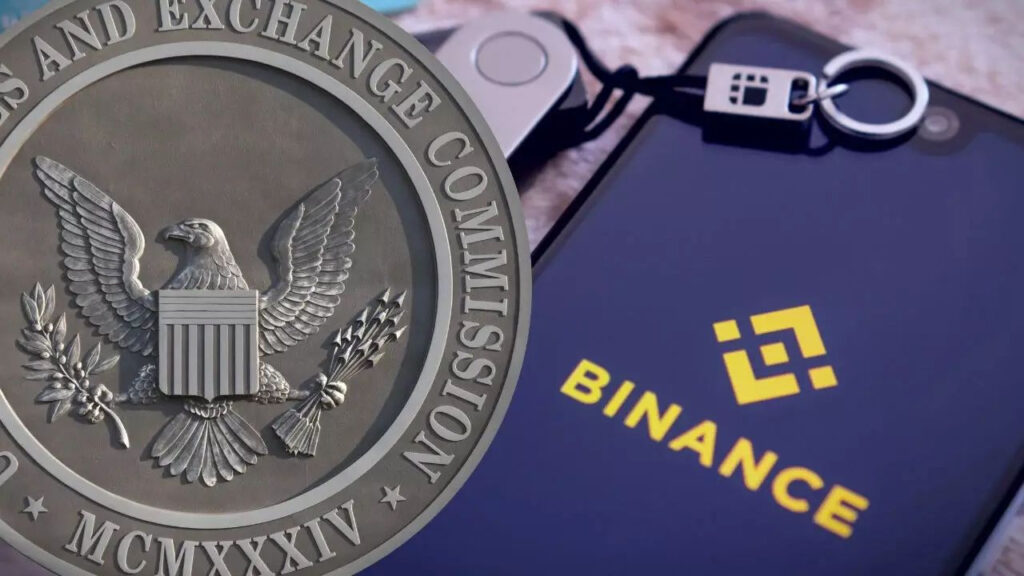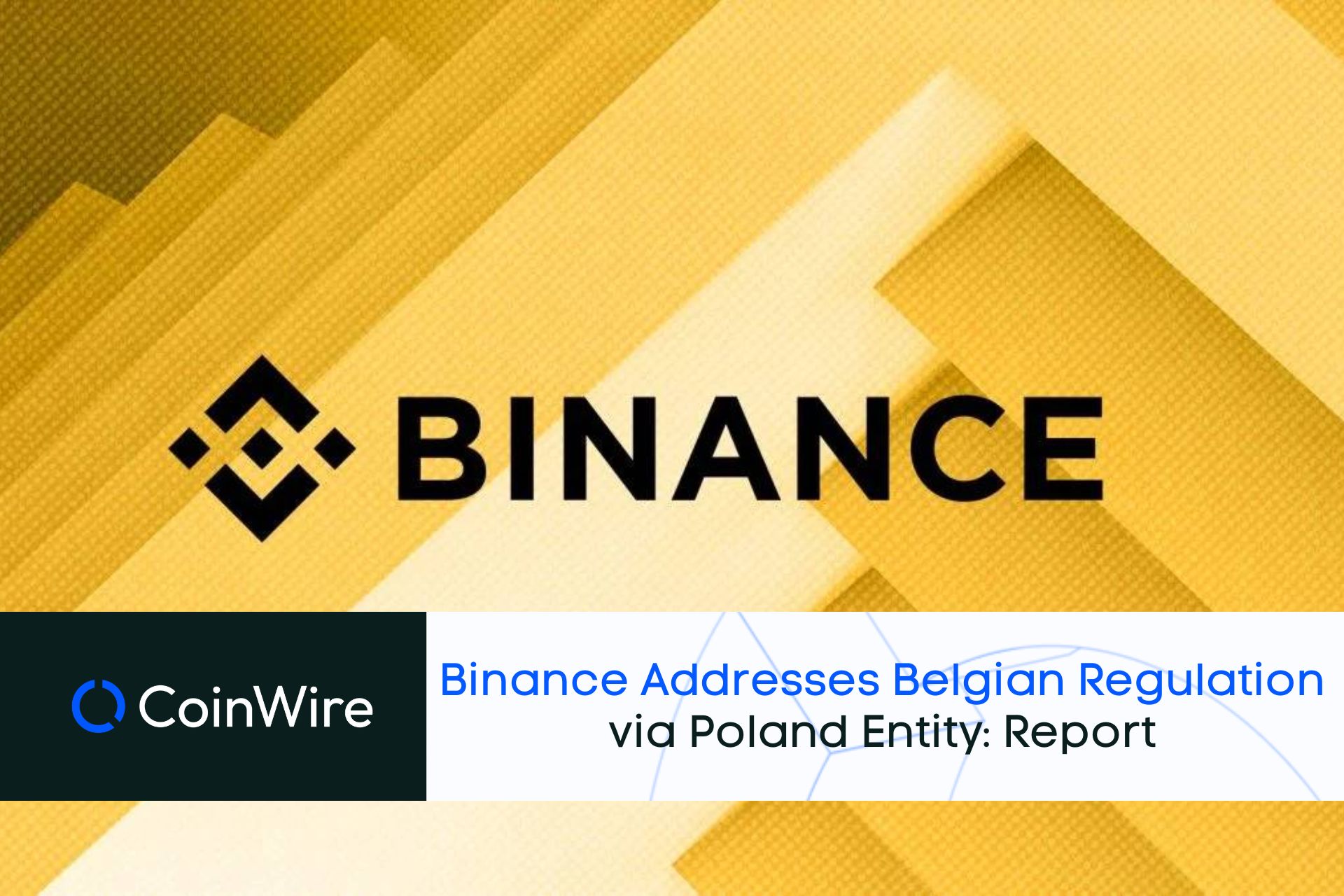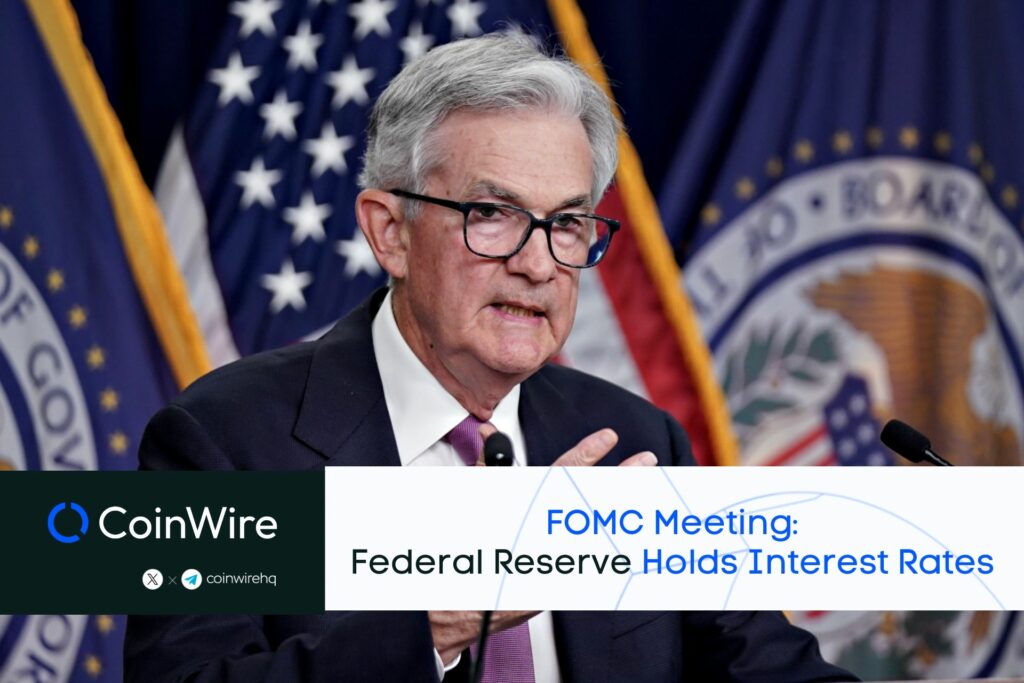Binance has announced that it will continue serving Belgian users through its Polish entity. This strategic decision comes after Belgium’s Financial Services and Markets Authority (FSMA) ordered Binance to halt its crypto exchange and custody wallet services due to alleged violations of Anti-Money Laundering (AML) and Combating the Financing of Terrorism (CFT) requirements in the country.
Binance Poland Steps In Serving Belgian Users

Binance‘s response to the regulatory order is demonstrated through its Poland-based entity, Binance Poland sp. z o.o., which was registered with Polish regulatory authorities earlier in January. This move enables the exchange to comply with “regulatory obligations” for Belgian residents seeking services on the platform. However, users may be required to submit documentation according to Poland’s Know Your Customer (KYC) requirements, rather than those of Belgium. This adaptation showcases their commitment to adhering to the regulatory framework while providing its services.
Read more: Binance Referral Code (Aug 2023): $100 Welcome Bonus
Navigating Regulatory Complexity: A Global Challenge

This is not the first time the leading exchange has encountered regulatory obstacles. The crypto exchange ceased its operations for Dutch users in July, citing the absence of a virtual asset service provider license. Moreover, Binance, along with its U.S. counterpart Binance.US and CEO Changpeng Zhao, is currently facing legal action from the United States Securities and Exchange Commission (SEC). The continuous evolution of global regulations underscores the complexities that cryptocurrency exchanges must navigate.
Read more: Binance Faces Fraud Charges: CZ Responds to Controversial Reports
Conclusion
As the cryptocurrency landscape continues to evolve, exchanges like Binance are met with a dynamic regulatory environment. Their decision to serve Belgian users through its Polish entity showcases its adaptability and commitment to compliance. The ongoing journey of Binance through various regulatory challenges highlights the broader conversation around how cryptocurrency exchanges must balance innovation and regulation in this rapidly changing industry.





![Best Crypto Exchanges for Day Trading [currentyear] - Top 6 Platforms 11 Best Crypto Exchanges For Day Trading](https://coinwire.com/wp-content/uploads/2023/10/best-crypto-exchanges-for-day-trading-1024x683.jpg)
![MEXC Referral Code ([currentyear]): Steps to Earn $1000 Sign-Up Bonus 12 Best Mexc Global Referral Code (Mexc-Cwrefcode)](https://coinwire.com/wp-content/uploads/2023/09/best-mexc-global-referral-code-featured-image-1024x683.jpg)